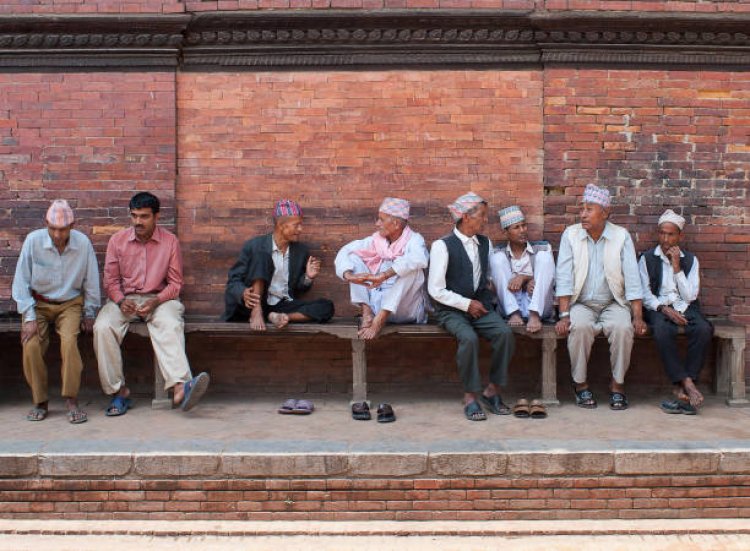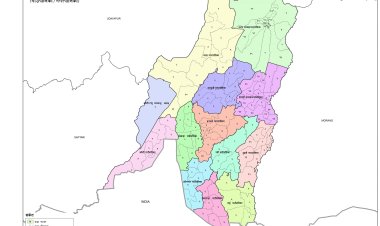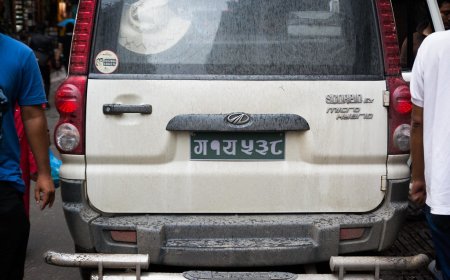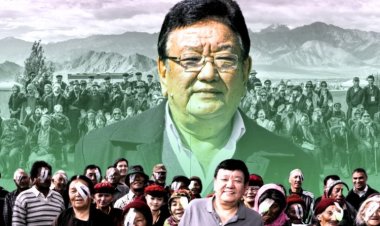Tradition Meets Modernity: The Changing Lifestyle of Nepali People
Discover how traditional cultural practices in Nepal are blending with modern-day trends and values, shaping the changing lifestyle of Nepali people.

Nepal, a country with a rich cultural heritage, is undergoing significant social, economic, and cultural changes. The once predominantly rural and agricultural country is now rapidly urbanizing and modernizing. As a result, the lifestyle of Nepali people is changing, blending traditional cultural practices with modern-day trends and values.
In recent years, globalization, media, and technology have significantly impacted Nepali lifestyles. Younger generations are increasingly exposed to new ideas and lifestyles through the internet and social media. This has led to a shift in cultural values and beliefs, and an increased adoption of modern practices and customs.
However, traditional cultural practices still hold a strong presence in Nepali life. Family and community are highly valued, and religion and spirituality remain an integral part of everyday life. Nepali festivals and traditions, such as the Dashain and Tihar festivals, continue to be celebrated with great enthusiasm and fanfare.
One of the most significant changes in Nepali lifestyle is the shift from agriculture to other sectors, such as tourism and service industries. Many young Nepalis are moving to cities or abroad in search of better job opportunities and lifestyles. As a result, urban areas are becoming more cosmopolitan, with a diverse range of lifestyles and cultures.
Another notable change is the rise of consumerism in Nepali society. With an increasing number of shopping malls and international brands entering the market, Nepalis are becoming more fashion-conscious and consumer-oriented. However, traditional handicrafts and products still hold a strong place in the Nepali market, and many Nepalis continue to value handmade and locally produced goods.
Education is also playing a significant role in the changing lifestyle of Nepali people. As more Nepalis receive higher education, they are becoming more aware of global trends and values. This has led to an increased interest in environmentalism, human rights, and social justice issues.
Despite the rapid changes in Nepali lifestyle, traditional cultural practices remain deeply ingrained in Nepali society. Family and community remain central to Nepali life, and festivals and traditions continue to be celebrated with great enthusiasm. However, as Nepal continues to modernize, its cultural heritage will undoubtedly face new challenges and opportunities.
In conclusion, Nepal's changing lifestyle is a reflection of the country's ongoing transformation from a predominantly agricultural society to a more urbanized and modern society. The shift towards modernization has led to the adoption of new customs and practices, but traditional cultural practices continue to hold a strong presence in Nepali life. As Nepal continues to navigate its social, economic, and cultural changes, it is important to strike a balance between tradition and modernity, preserving the country's rich cultural heritage while embracing new opportunities and ideas.
What's Your Reaction?





































































































